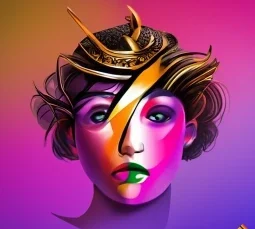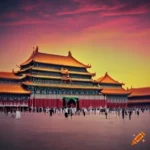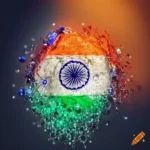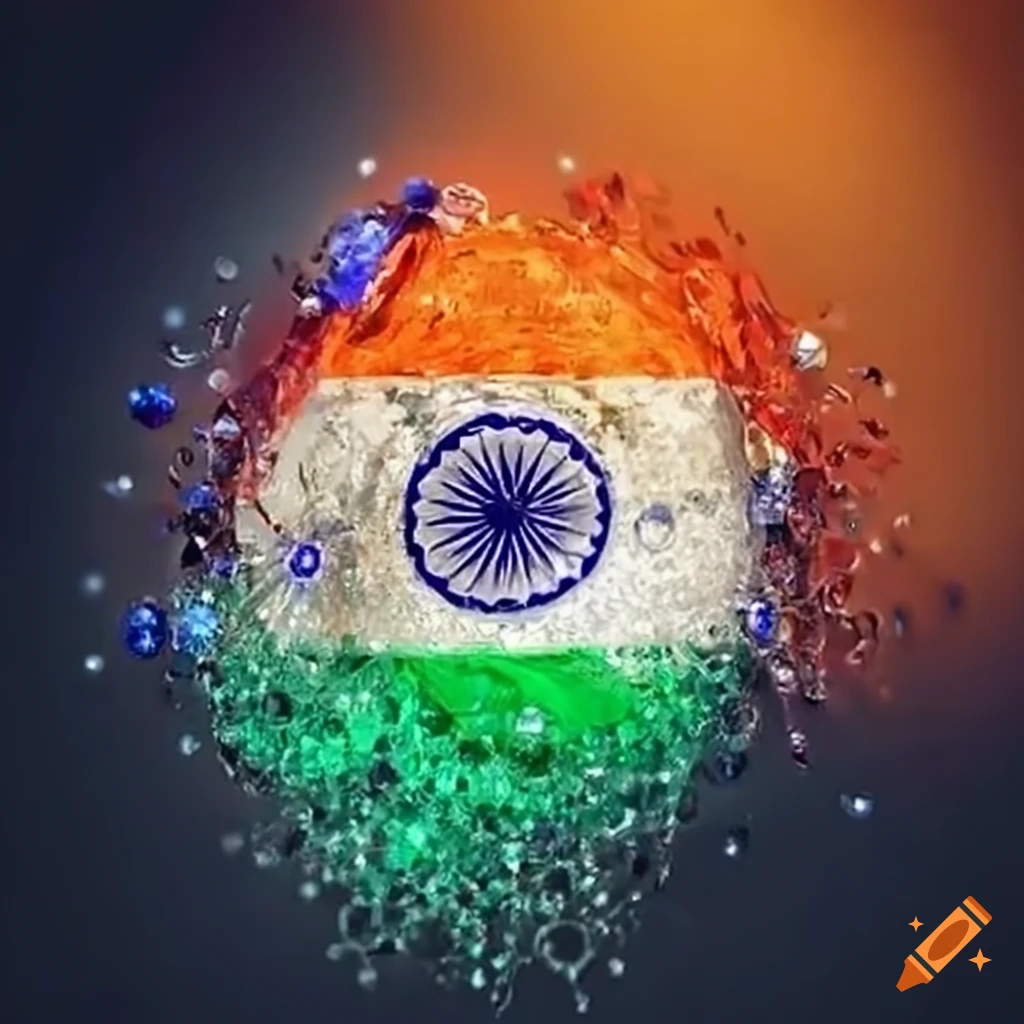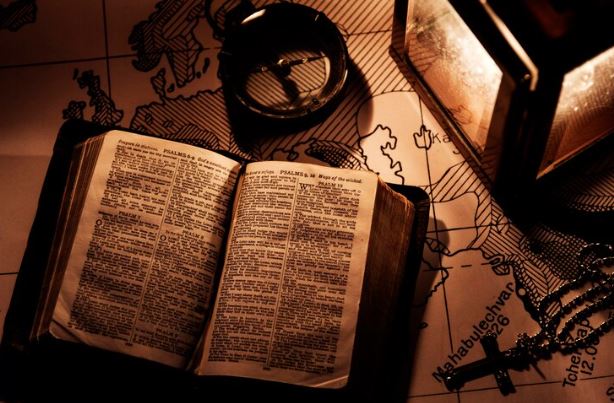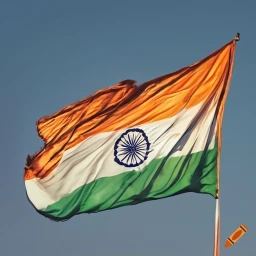
India Introduction
India, often referred to as the “Land of Diversity,” is a country that captivates the world with its rich history, vibrant culture, and significant global impact. From the ancient civilizations of the Indus Valley to its modern-day prowess in various fields, India stands as a testament to human achievement and resilience.
Historical Marvels
The tapestry of India’s history is woven with threads of ancient civilizations, mighty empires, and movements for independence. The Indus Valley Civilization, the Maurya and Gupta empires, and the Mughal era have left indelible marks on the country’s narrative. The struggle for independence led by Mahatma Gandhi is another pivotal chapter, showcasing India’s commitment to freedom and justice.
Cultural
India’s cultural kaleidoscope is a mesmerizing blend of traditions, festivals, and art forms. From the colorful celebrations of Diwali and Holi to the intricate classical dance forms like Bharatanatyam and Kathak, every corner of India resonates with cultural richness. The country’s diverse cuisine, clothing, and languages add further layers to this cultural tapestry.
Population Diversity
With a population exceeding 1.3 billion people, India is a melting pot of cultural, linguistic, and religious diversity. The coexistence of various communities, each with its unique identity, contributes to the nation’s vibrant mosaic. Understanding this diversity is crucial to grasping the essence of India’s unity in diversity.
Sporting Nation
In recent decades, India has emerged as a force to be reckoned with in the world of sports. Cricket, often considered a religion in India, has produced iconic players, and the Indian Premier League (IPL) has become a global phenomenon. Beyond cricket, India has made notable strides in fields like badminton, wrestling, and boxing, showcasing the nation’s sporting prowess.
Sports and Cultural Diplomacy
India’s prowess in sports and culture serves as a unique form of diplomacy. Sporting events and cultural exchanges provide a platform for India to connect with the world. Bollywood, India’s influential film industry, has a global fan base, promoting the country’s culture and artistic expressions.
Cricket – A National Obsession
Cricket reigns supreme as the most popular sport in India. The fervor and passion for cricket are unmatched, making it a national obsession. Icons like Sachin Tendulkar, Virat Kohli, and M.S. Dhoni have become household names, inspiring millions with their cricketing prowess.
Hockey – India’s National Sport
Hockey holds a special place in India’s sporting history. The country has a rich legacy, having dominated international hockey in the past. Names like Dhyan Chand are synonymous with excellence in the sport. While cricket may have taken the spotlight, hockey remains an integral part of India’s sporting identity.
Badminton – P.V. Sindhu’s Triumphs
Badminton has witnessed a surge in popularity in India, with players like P.V. Sindhu achieving remarkable success on the global stage. Sindhu’s Olympic triumphs have elevated the status of badminton, inspiring a new generation of players.
Chess – Viswanathan Anand’s Grandmaster Legacy
Chess has a strong following in India, and Viswanathan Anand stands as a global ambassador for the game. Anand’s achievements as a grandmaster have brought international recognition to Indian chess, fostering a growing interest in strategic board games.
Football – Emerging Talent
While cricket dominates the sports scene, football is gaining traction with the emergence of talented players like Sunil Chhetri. The Indian Super League has played a crucial role in popularizing football, contributing to the sport’s growth.
Economic Growth and Challenges
India’s economic growth has been remarkable in recent years, making it one of the world’s fastest-growing major economies. However, challenges such as income inequality, poverty, and infrastructure gaps persist. Understanding this economic duality is crucial to comprehending India’s journey towards development.
Sustainable Practices
With a growing emphasis on sustainability, India is actively working towards eco-friendly practices. Initiatives like the International Solar Alliance showcase India’s commitment to addressing global challenges such as climate change. The nation’s efforts toward renewable energy and conservation contribute to the global environmental discourse.
Digital Revolution
India’s leap into the digital age has been transformative. The country is a hub for information technology, with a burgeoning startup ecosystem. The “Digital India” initiative aims to digitize governance and empower citizens, playing a pivotal role in shaping the nation’s future.
Healthcare Landscape
India’s healthcare sector reflects a blend of traditional wisdom and modern advancements. The country is known for its expertise in medical tourism, providing affordable healthcare services to international patients. Understanding India’s healthcare landscape provides insights into its contributions to global well-being.
Education System
India’s education system is vast and diverse, catering to a massive student population. The emphasis on science, technology, engineering, and mathematics (STEM) fields has fueled the nation’s intellectual capital. Exploring India’s educational landscape sheds light on its role in shaping future generations.
Impact of Indian Diaspora
The Indian diaspora has a substantial impact on global affairs. Indian professionals, entrepreneurs, and scholars contribute significantly to the economies and cultures of various countries. Recognizing the influence of the Indian diaspora is essential for understanding India’s soft power on the world stage.
Famous Events
The annals of Indian history are dotted with events that have shaped its destiny. From the struggle for independence to the economic reforms of the 1990s, each event has played a crucial role. India’s space missions, including the Mangalyaan Mars orbiter, exemplify its achievements in the realm of science and technology.:
1. Independence Day – August 15, 1947
- The day India gained independence from British rule, marked by Jawaharlal Nehru’s iconic “Tryst with Destiny” speech.
2. Partition of India – 1947
- The painful division of British India into two independent nations, India and Pakistan, leading to mass migrations and communal tensions.
3. Formation of the Republic – January 26, 1950
- The adoption of the Indian Constitution, transforming the country into a sovereign, socialist, secular, and democratic republic.
4. Emergency Period – 1975-1977
- A dark chapter in Indian democracy when Prime Minister Indira Gandhi declared a state of emergency, suppressing civil liberties.
5. Economic Reforms – 1991
- The introduction of economic liberalization by then-Finance Minister Dr. Manmohan Singh, opening India to globalization and economic growth.
6. Kargil War – 1999
- A conflict between India and Pakistan in the Kargil district of Jammu and Kashmir, highlighting India’s defense capabilities.
7. Indian Space Achievements – Mars Orbiter Mission (Mangalyaan) – 2013
- India’s successful Mars Orbiter Mission, making it the first Asian nation to reach Martian orbit and the first in the world to do so on its maiden attempt.
8. Goods and Services Tax (GST) Implementation – 2017
- The rollout of GST, a comprehensive tax reform, aimed at unifying the Indian market and simplifying taxation.
9. Abrogation of Article 370 – 2019
- The government’s decision to revoke Article 370, stripping the special status of Jammu and Kashmir and integrating it fully into the Indian Union.
Government Structure
India’s political landscape is characterized by a robust democratic system. The President, Prime Minister, Parliament, and judiciary form the pillars of the government. Understanding the intricacies of this structure is essential to comprehend India’s governance and decision-making processes.
India’s Global Impact
As a global player, India’s impact is felt in various domains. The country’s technological advancements, booming economy, and diplomatic engagements contribute significantly to the international arena. Indian professionals make substantial contributions in fields like information technology, medicine, and space exploration, enhancing India’s global standing.
Famous Places in India
Now, let’s shift our focus to some of the most famous places in India that embody its rich culture and history.
1. Taj Mahal, Agra
A symbol of eternal love, the Taj Mahal is an architectural marvel and a UNESCO World Heritage Site. Its stunning white marble structure attracts millions of visitors worldwide.
2. Jaipur – The Pink City
Known for its vibrant culture and historical landmarks, Jaipur is a city adorned with pink-hued buildings, including the Hawa Mahal and City Palace.
3. Varanasi – Spiritual Hub
Varanasi, situated on the banks of the Ganges River, is one of the oldest continuously inhabited cities in the world. It is a spiritual hub with ghats, temples, and a unique cultural atmosphere.
4. Kerala Backwaters
The backwaters of Kerala offer a tranquil escape, with picturesque landscapes, houseboats, and a serene environment that showcases the beauty of India’s southern region.
5. Goa – Beach Paradise
Known for its vibrant nightlife and pristine beaches, Goa is a popular tourist destination. It blends Portuguese and Indian cultures, creating a unique and lively atmosphere.
6. Rishikesh – Yoga Capital
Nestled in the Himalayas, Rishikesh is renowned as the Yoga Capital of the World. It attracts seekers of spirituality and adventure enthusiasts alike.
Frequently Asked Questions (FAQs)
Q1: What is the significance of Diwali in Indian culture?
Diwali, the Festival of Lights, holds immense cultural and religious significance in India. It symbolizes the triumph of light over darkness and good over evil.
Q2: How diverse is India’s population?
India boasts incredible diversity with numerous ethnicities, languages, and religions. This diversity contributes to the nation’s cultural richness.
Q3: Which Indian sportsperson has made a significant impact globally?
Cricket legend Sachin Tendulkar is widely regarded as one of the greatest sportsmen globally, contributing to India’s prominence in the cricketing world.
Q4: What are the key features of India’s political system?
India operates as a federal parliamentary democratic republic, with a President as the head of state and a Prime Minister as the head of government.
Q5: How has India contributed to space exploration?
India’s space agency, ISRO, has achieved remarkable milestones, including the Mangalyaan mission to Mars, showcasing the nation’s prowess in space exploration.
